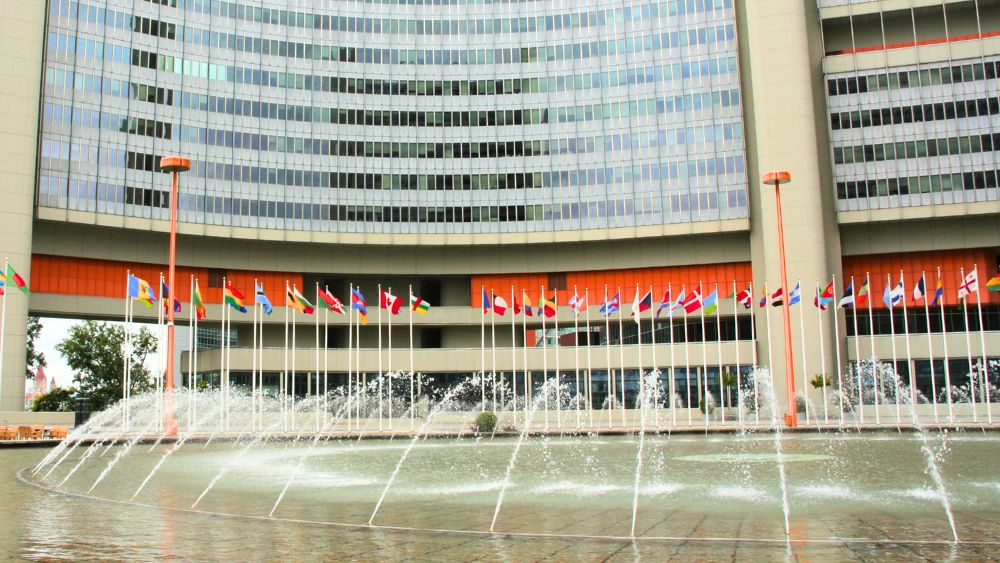Last Friday (11 July), the Commission on International Trade Law, a specialist arm of the United Nations, adopted a new legal convention on negotiable cargo documents that will help businesses trade in new ways, in new and emerging markets and when using more than one mode of transport.
The ability of a buyer of goods to sell them on to another buyer while they are still in transit has been an established practice in the shipping industry for over 200 years. A substantial body of international conventions, national rules and industry practices has grown up around the use of negotiable Bills of Lading, the shipping document that is used to evidence such trades. Many shipments of crude oil and petroleum products, agricultural commodities and other bulk cargoes change hands in this way whilst they are still at sea.
Another crucial and widespread use of negotiable cargo documents is to allow a bank that is financing an international purchase to take ownership of the goods should the buyer be unable to pay for them. Even if the buyer has no intention of selling the goods on, a bank may still require that a negotiable document is issued as a condition of advancing payment to the seller, so it can be used as a form of collateral.
Until now, this 'negotiability' of goods has not been available in the other modes of transport, where the waybills or consignment notes issued under international conventions for road, rail and air transport are considered non-negotiable, and goods can only be delivered to the consignee named on the document. The new Convention fixes that. Assuming it is ratified by at least 10 countries, it will provide a consistent legal framework that will define and protect the rights, obligations and duties of all the parties involved in the sale of goods when carried by any mode of transport, in the same way that negotiable Bills of Lading are protected by existing national laws and conventions.
The new Convention also provides legal cover for bills of lading issued by freight forwarders who then contract separately with different carriers for the transport of a customer’s goods, often using more than one transport mode. Importantly, the consent of both the shipper and the issuer of the negotiable document is required for the Convention to apply.
Many emerging and developing countries supported the adoption of the new Convention, citing opportunities for exports from land-locked countries, for example in west Africa, to be made negotiable whilst in transit overland to a port in an adjacent country. The increasing movements of goods overland between China, Central Asia and Europe will also be able to benefit from these flexibilities and from improved access to trade finance made possible by making rail and road consignment notes negotiable under the new Convention.
The Convention also provides for the use of electronic cargo records and will facilitate the use of the digital equivalents of negotiable cargo documents in cargo execution platforms.
The Convention allows those countries that do not wish to apply its provisions to journeys made wholly by sea to exclude them from their implementing legislation and so avoid risks of conflicting with their existing national laws or international conventions relating to maritime bills of lading. The finalised text now passes to the United Nations General Assembly for formal adoption and will be open to ratification by individual countries from 2026 onwards.
At a time when international trade and transport is coming under intense pressure, ratification of the ‘UNCITRAL Convention on Negotiable Cargo Documents’ will open up new opportunities for businesses by providing for the wider use of innovative trading practices and support for shippers seeking access to trade finance to expand and grow their international sales.
James Hookham is a Director of TenTenFifteen, providing guidance and support on international trade and transport to shippers and forwarders around the world. He has been a professional representative of the trade and logistics sector for over 30 years, first as a Deputy Chief Executive of the Freight Transport Association (now Logistics UK) and since 2018 as Secretary General of the Global Shippers Forum, the voice of cargo owners in international supply transport.
He is a graduate in Environmental Science from the University of Bradford and completed a Masters degree in the safe transport of dangerous goods at the University of Manchester.

